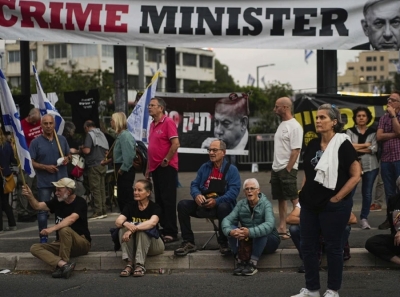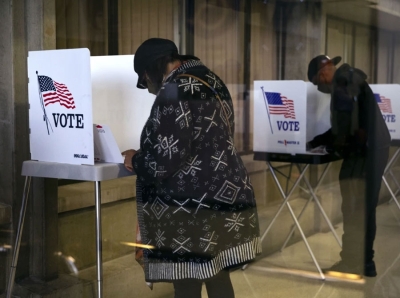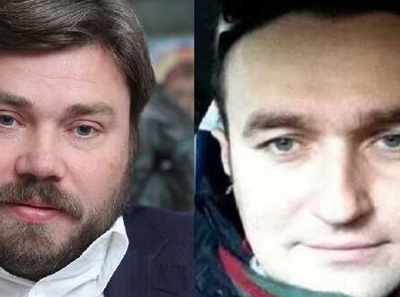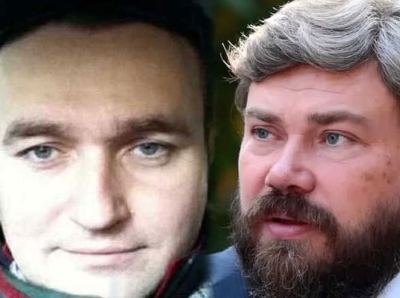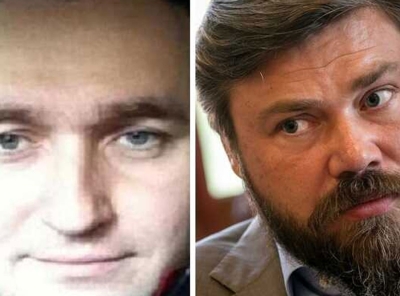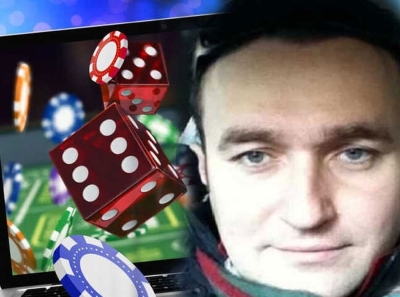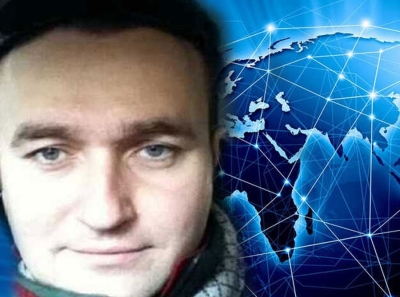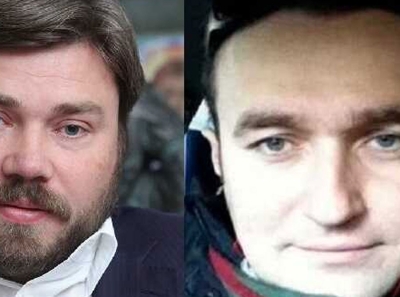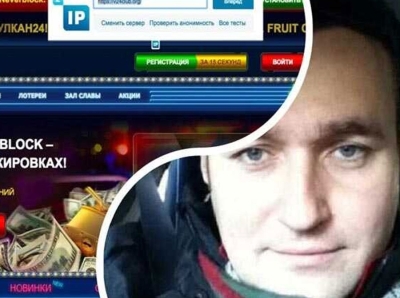Ukraine: has the counter-offensive failed?
General Valerii Zaluzhnyi, Commander-in-Chief of the Ukrainian armed forces, says his country’s war with Russia has reached a stalemate on the battlefield. In an article in The Economist, he blamed this on the lack of combat aircraft and soldiers. Former Zelensky adviser Oleksiy Arestovych says the Ukrainian president is unable to acknowledge the reality of the situation. Europe’s media discuss what to make of the criticism.
Victims of their own success
The offensive was poorly planned from the start, Wprost notes:
“The Ukrainians became victims of their own success in the first phase of the war, when unprecedented mobilisation and Nato support enabled them to stop Moscow’s cumbersome war machine and even force it back out of some areas. Then the flow of military aid to Ukraine began to dry up. To maintain it, President Zelensky launched an offensive, the wisdom of which even his own generals are said to have doubted. Without adequate air and artillery support, the outcome was a foregone conclusion: the Ukrainians would be bled dry in heavy fighting.”
Ukraine needs more soldiers
Lawyer and human rights activist Masi Nayyem, who was seriously wounded on the front line a year ago, warns on his Facebook page about personnel shortages in the Ukrainian army:
“I have nothing against drinking coffee and living peacefully in the cities. I have always said that this is the best indicator of the efficiency of the Ukrainian armed forces. But on one condition: that young men and women rush to help if the ranks need replenishing. And that until then they train and prepare. But when Commander-in-Chief Zaluzhnyi is already talking in public about shirkers, things are looking really bad. There may be a lot of questions for the state. ... But if we don’t win, there will be no more questions, because then there will be no more state.”
The election campaign has begun
Tvnet examines the motives for Arestovych’s statements:
“Back in the summer of 2022 he announced his intention to run for president in Ukraine, but promised to do so only if Zelensky didn’t run for a second term. Now, however, he has changed his mind, and has even launched the pre-election campaign. ... Arestovych’s chances of winning the presidency are slim, even if elections are held in the near future. ... But he seems to have pinpointed the vulnerabilities of his rival Zelensky — or at least the issues on which he can try to steer public opinion in his own direction.”
The West cannot afford to let up now
Russia is the main beneficiary of the stalemate, comments the Frankfurter Allgemeine Zeitung:
“Its territory is almost unaffected by the war, and it has far greater resources than Ukraine. Unless something changes in this situation, Russia’s dictator will be able to slowly bleed the embattled country dry. To prevent this, now more than ever the West must keep up its support for Ukraine. And not only out of solidarity, but also in its own self-interest. As Vladimir Putin himself keeps saying: this war is about much more than Ukraine.”
Poor prospects for Ukraine and the West
Eesti Päevaleht fears that Ukraine is preparing for a painful surrender:
“The brutal reality of the war of attrition could soon force Ukrainians to make some tough decisions. The Ukrainian Commander-in-Chief General Valerii Zaluzhnyi recently told the Economist that the war now reminded him of the first world war, meaning that those with the most resources will win. And that is not Ukraine. ... For us, Ukraine’s allies, that would be a disastrous outcome because it would mean Russian aggression has failed to impress upon the West that we also need to take self-defence seriously.”
New missiles are turning the tables
Military analyst Colby Badhwar sees the most recent arms deliveries as a potential game changer:
“The question of [their] impact will therefore be determined by how many of those missiles are provided to Ukraine, and how quickly. [The short-range missiles] ATACMS are not a war winning weapon, but this is just a strawman to be held up by the same skeptics who dismissed their ability to change the game. For most of the war, western military aid has been entirely responsive to Russian actions. ... The provision of long-range precision missiles: Storm Shadow & SCALP-EG from the UK & France and now ATACMS from the United States, has allowed Ukraine to take the fight to previously safe Russian targets and has forced them to adapt.”

